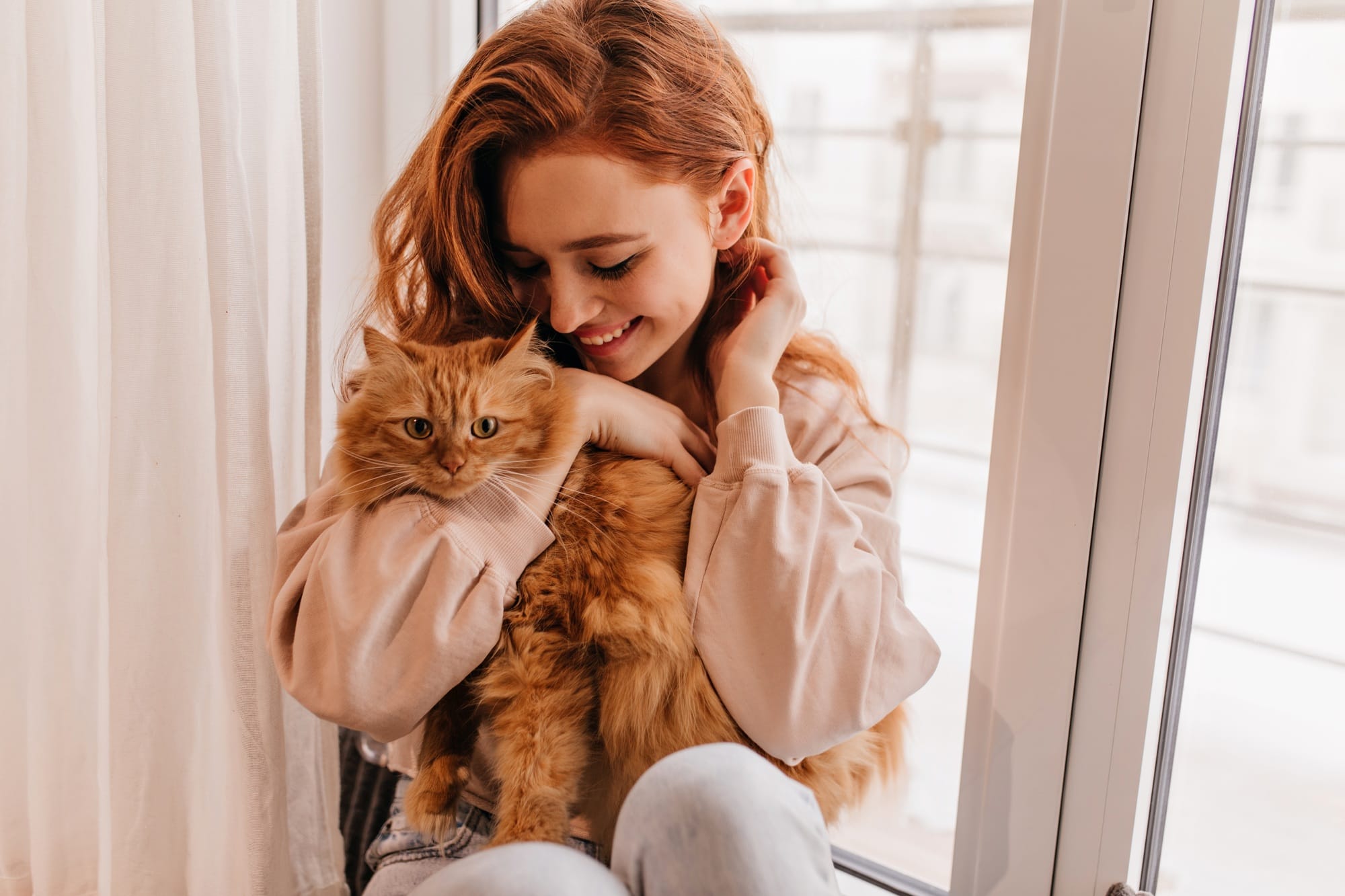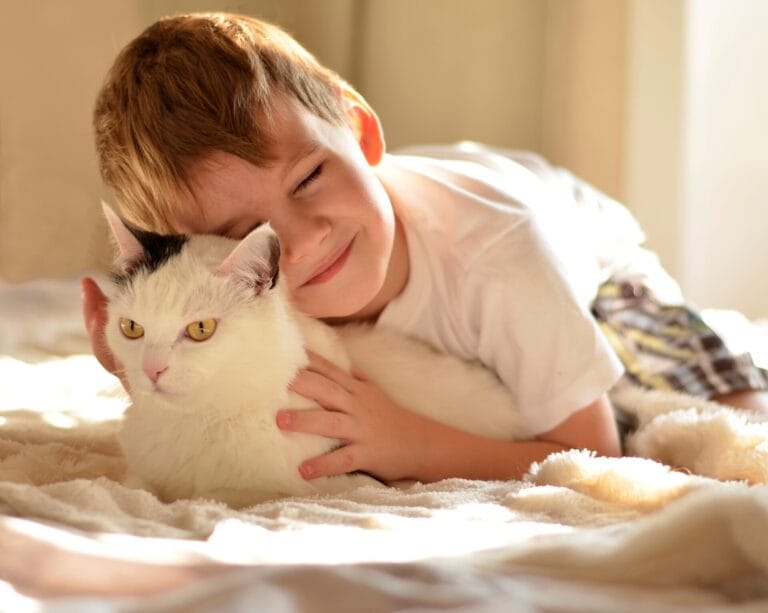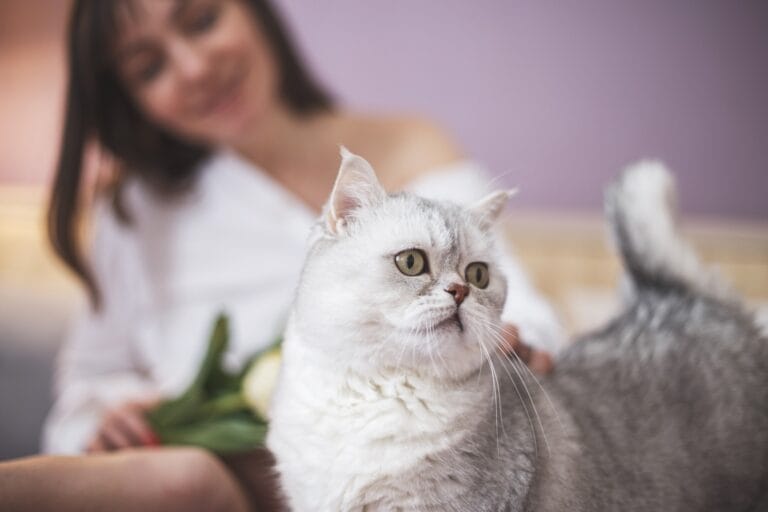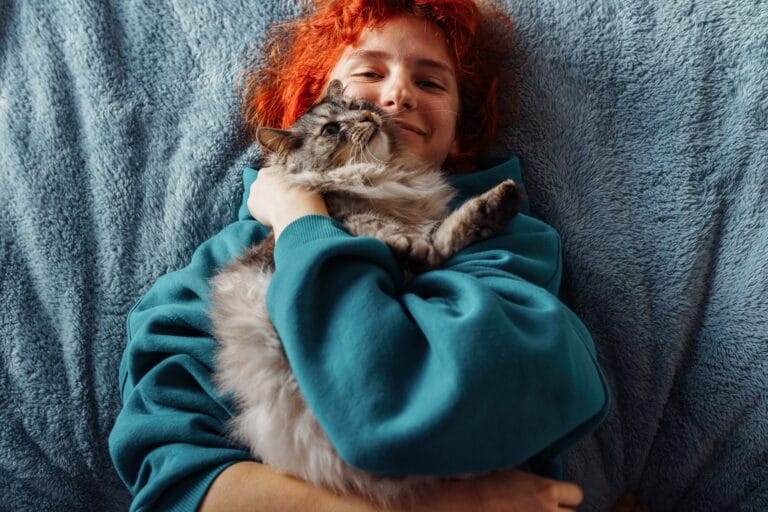If your cat turns into a furry shadow whenever you’re home and serenades the neighbors with their lonely cries while you’re away, they might be dealing with separation anxiety. Yes, cats—despite their aloof reputations—can suffer from this stress, and it’s more common than you might think. Let’s explore how to manage cat separation anxiety, keep your kitty calm, and strengthen your bond with them.
Understanding Separation Anxiety in Cats
Cat separation anxiety happens when your feline friend feels distressed by your absence. Unlike dogs, cats may not destroy furniture (though they might), but they express their anxiety in subtle and sometimes surprising ways.
Common signs include excessive meowing, destructive behavior, litter box mishaps, and an almost obsessive attachment to you. Cats are creatures of routine, so changes in their environment or your schedule can amplify this behavior.
Create a Comforting Environment
When you’re not around, your cat’s world can feel empty. Setting up a comforting space can work wonders for their stress.
- Safe Zones: Provide cozy hideouts like cat beds or boxes in quiet corners.
- Scent Soothers: Leave behind an item of your clothing. Your scent can be incredibly reassuring to them.
- Entertainment Galore: Puzzle feeders, interactive toys, and cat trees can keep your cat busy and distracted.
Pro Tip: Play calming music designed for cats. Yes, it’s a thing, and it can work wonders!
Routine Is Everything
Cats thrive on predictability. Establishing a consistent daily routine can help reduce their stress.
- Feed your cat, play with them, and interact at the same times each day.
- Avoid dramatic entrances or exits. Leaving quietly and returning calmly can help normalize your comings and goings.
Funny Insight: You don’t need to announce your departure like a celebrity leaving the stage. A low-key “see ya later” works better.
Use Playtime to Build Confidence
Cats that play are happy cats! Engaging your cat in regular play sessions can reduce anxiety and create positive associations.
- Interactive toys like feather wands mimic hunting and give your cat a sense of accomplishment.
- End every session with a “victory” (like letting them “catch” the toy) to boost their confidence.
Transition Tip: After a good play session, your cat is more likely to relax while you’re away.
Bond Without Over-Clinging
Bonding with your cat doesn’t mean you have to smother them with attention 24/7. Striking the right balance is key.
- Give affection when they seek it but respect their independence.
- Train your cat to be alone gradually by spending short periods in another room. Slowly increase the duration over time.
Engagement Hook: Think of this as giving your cat “alone time” training—like teaching a toddler how to self-soothe.
Consider Stress-Relief Tools
Sometimes, extra help is needed to ease your cat’s separation anxiety.
- Feline pheromone diffusers mimic natural calming scents and can reduce stress.
- For severe cases, consult your vet about potential anxiety medications or supplements.
Important Reminder: Always consult a professional before introducing medications or supplements into your cat’s routine.
Reunion Time Done Right
When you return home, avoid overwhelming your cat with a dramatic greeting. Instead:
- Let them come to you when they’re ready.
- Reward calm behavior with treats or gentle affection.
- Stick to your regular routine to reinforce stability.
Essential Insight
Managing cat separation anxiety is all about creating a calm, predictable, and enriching environment for your furry friend. By understanding their needs and responding with patience, you can help them feel secure, even when you’re apart.





